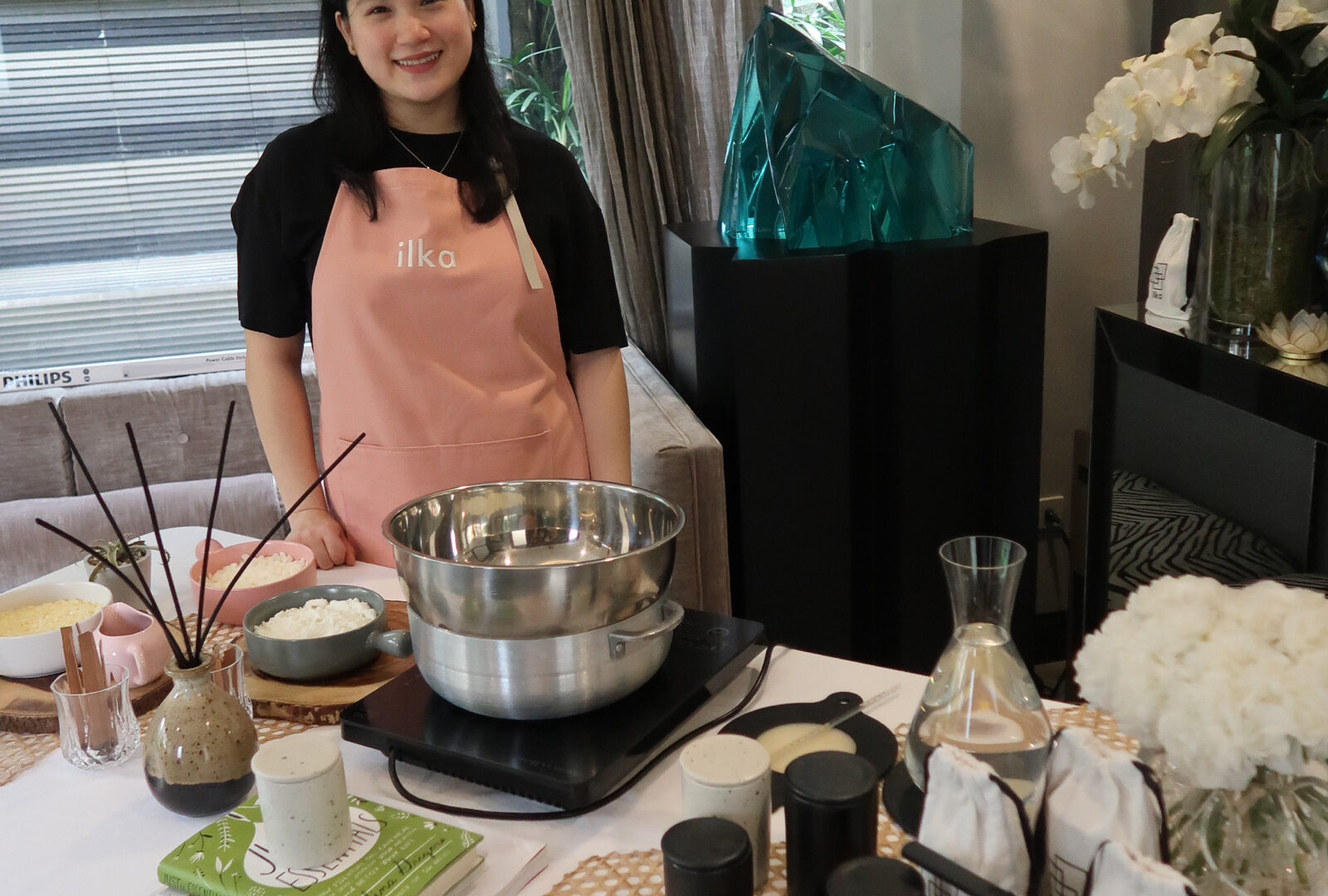
It seems that self-care is here to stay even as the world gradually settles back into normalcy from the pandemic. But when the practice of self-care comes at a cost to the environment due to the high volume of plastic waste from online deliveries, how can businesses and consumers strike a balance?
In 2021, Oceana reported that Amazon failed in its recycling commitment as shown by the 29 percent increase in the online retailer’s plastic waste, which ended up polluting waterways and the ocean.
This was similar to the findings of an earlier study in 2020, which estimated that 710 million metric tons of plastic waste would make its way into the environment by 2040 despite the ongoing efforts to curb plastic consumption.
The situation is far more unsettling for the Philippines, which has been tagged as one of the biggest contributors of plastic waste in the world. A 2021 peer-reviewed study published in the Science Advances journal named 19 rivers in the country, including Pasig, Tullahan, Meycauayan, Pampanga and Libmanan, in the top 50 waterways that emit plastic into the ocean.
For perfumer Ilka Mara Po, being aware of the global plastic crisis and having environmental advocacy are essential in creating and promoting her sustainable and plastic-free fragrance and self-care brand Ilka.
“We need to stop plastic from the source, and I think, as a business owner you are one of the sources of trash. If nobody will make (products with plastic), nobody will buy. If nobody buys, nobody will make it. I think it would be best to become plastic-free; always find ways to eliminate plastic as much as you can,” Po explained.
“I’ve always been an environmental advocate. I’ve been trying to volunteer ever since I was in high school. I feel like as human beings, we are all consumers. We’re here and we consume Earth, and Earth can’t provide for everybody. If you’re a business owner, do a lot of research about innovating products and packaging,” she added.
Ilka started offering refillable candles to Filipino clients searching for self-care products during the massive pandemic lockdown. Made from natural wax, essential oils and fragrance oils, each candle comes hand-poured in ceramic jars, which Po sources from a local pottery studio. Once the jars are empty, she says her customers can either reuse them for other purposes at home or return them for refills at a lower cost.
Even in securing parcels for delivery, Ilka strives to be plastic-free. Po says that an order bound for a Metro Manila address arrives in a reusable canvas pouch or a cloth bag for orders with multiple items. Meanwhile, customers outside Metro Manila can expect their orders to come in a box, with the jars carefully wrapped in honeycomb paper and nestled on a bed of paper shavings.
With Ilka, international advocacy organization Oceana continues its efforts to engage with innovative local eco-enterprises that promote alternatives to plastic products and packaging and encourage Filipino consumers to make the switch to a healthier, plastic-free lifestyle.
Po encourages fellow entrepreneurs, who might still be having second thoughts on whether going sustainable would be worth the risk, to simply make the switch as customers are now more aware and appreciative of eco-enterprises.
